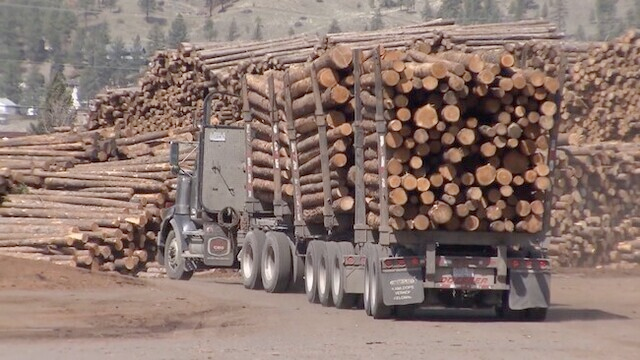Federal Government Not Doing Enough on Climate Action
- FTFO
- Dec 10, 2020
- 3 min read
MP Richard Cannings spoke to Parliament on December 9, 2020, about the lack of action to reach zero emissions by 2050 and the waste of taxpayer dollars.
The Environment http://openparliament.ca/debates/2020/12/9/richard-cannings-2/ ----------------------------------------------------------
Madam Speaker, the Canada Energy Regulator recently published a report entitled “Canada's Energy Future 2020”. In that report, the CER presents two scenarios: a reference scenario of business as usual and a so-called evolving energy system scenario which “continues the historical trend of increasing action on climate change.”
I want to make it clear here that the evolving scenario is not one that will take us to net-zero emissions by 2050. That critically important path was left unexplored in this report. The evolving scenario does show steadily declining use of fossil fuels combined with a concomitant increase in renewables such as wind and solar, but still leaves us producing five million barrels of oil every day at 2050.
The report contains a remarkable graph showing pipeline capacity in Canada along with total supply available for export. I say remarkable as it is the first time I have seen the CER admitting what many of us have long known or suspected, and that is that under the evolving scenario, the Keystone XL and Trans Mountain expansion pipelines will not be needed at all if we make even timid efforts to fight climate change.
Only the Enbridge Line 3 expansion would be needed under this scenario to handle increased production. I remind members that the evolving scenario does not get us even close to net zero by 2050, so Line 3 may not be needed either if we really want to meet our commitments.
Remember again, these pipelines I mention are expansion pipelines. The Line 3 expansion, the Trans Mountain expansion and Keystone XL are not designed to access new markets. They will all ship oil and bitumen to the U.S.A. They are not designed to get prices for our products. Their raison d'être is to handle expanded production from the oil sands. Under present conditions and any reasonable projection into the future, that expanded production will be minimal at best.
The lack of expanded production is not limited to Canada. It is not because of increased red tape here. All these pipelines are being built under Harper-era regulations. The world simply does not want more oil. The near future is a world in which, according to energy and investment experts, production will drop not due to geology or even demand, but due to a sharp decline in investment.
Recently Imperial wrote down a billion dollars of its Canadian oil sands
assets. Total recently wrote down $8 billion of similar assets.
Oil investments are plummeting in the U.S.A. and elsewhere in the world. Norway will not expand its production and neither will Denmark. In fact, Denmark announced it will drop its production to zero by 2050.
Keystone XL is being built by TransCanada Energy and recently received a big investment from the Province of Alberta to ensure it did not give up for lack of investment dollars. Joe Biden says that he will not allow it to be built, but that may be moot because energy investment analysts are saying we do not need Keystone XL anymore.
Energy investors are telling companies they do not want to invest in new projects that are doomed to failure in a world with shrinking demand for oil. They want to reap the dividends of production, not added development. They know we will need oil in coming years; we just will not need as much.
The story for Trans Mountain is the same except this time it was the federal government that bought the pipeline. It will simply not be needed. We would be wasting valuable political capital fighting the U.S.A. over Keystone XL and we are wasting taxpayer money by investing in both these projects.




Comments